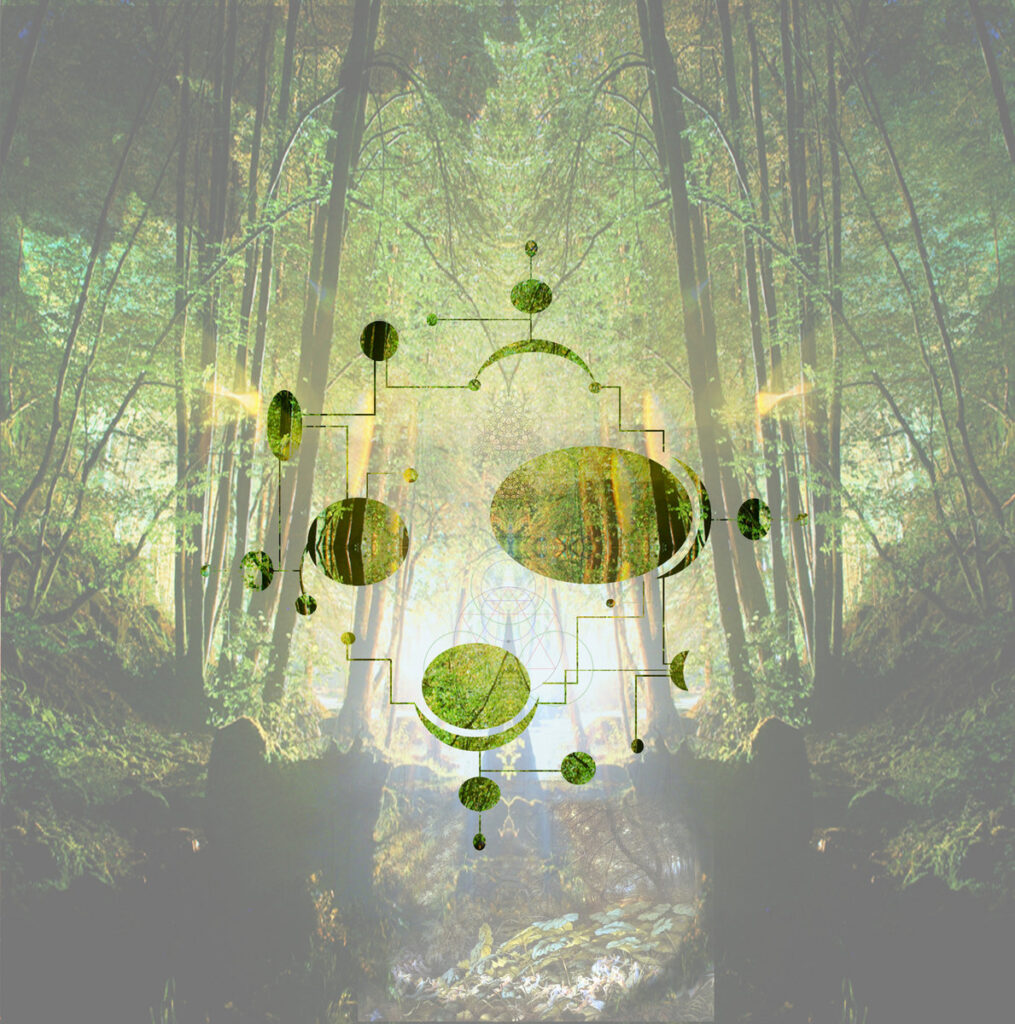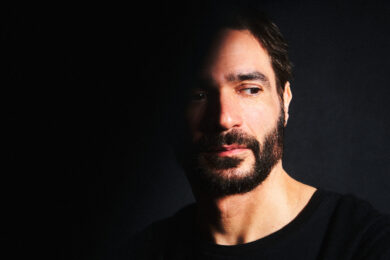5. ElveEmerald

This album was the single most pivotal listening experience that broke me out of the mould I was in at the time, into this freeform thing that I feel like I’m in now. If you look at [2018’s] Singularity and then [its 2021 successor] Music for Psychedelic Therapy, it’s a different genre but that didn’t happen just by me going ‘Oh I don’t want to have beats anymore.’ It came about by engaging very, very deeply with the work of this composer, Matt Hillier [aka Elve]. No one knows this album really, and I’m trying to do my best to get people to listen to it! It really isn’t just a piece of music, it feels like you are in a place and it’s gradually changing around you, like a very incremental shifting location. The best way I can describe it is a bit like an audio version of Eno’s ‘77 Million Paintings’ – the way that everything changes so gradually and you look round and you’re like, ‘Wait a minute, that was blue just now, wasn’t it? Now it’s pink’. It really is a musical version of that on a structural level. On a sonic level, it’s the fusion of lots of field recordings.
I think it was perhaps his translation of a shamanic ceremony of some kind. He doesn’t define it in the way that I don’t define these things, but along with the field recordings, the nature recordings, there’s this kind of feeling of otherworldliness to it. It feels like a ceremony for a place I haven’t been to but that does exist somewhere on earth. There’s no discernible instrumentation but yet somehow, it’s completely organic in sound and I really don’t know how he did it.
We’ve since become friends and he’s on my new album. Speaking to him about it, he said this work happened really quickly in a bit of a blur. He’s someone who will spend a year or two on a record sometimes, like I have, and then sometimes another one will just come out quite soon after. This was jjust a total flow state creation, something that just landed. There’s so little traditional music arrangement in there. A section [emerges] that’s quite chordal – I think there’s a track called ‘Plateau’ towards the end where these chords just come flooding in – and again, it’s about depriving the listener of things for a while before then giving them exactly what they want – it’s making them really work for it.
It changed the way I thought about music. If you listen to the Psychedelic Therapy album, that’s how that album is structured. Things happen, things move so slowly. Of course, there’s far more of the more traditional musical instrumentation in there because that’s more my style but the way it was built and the way it feels to listen to it, I would attribute hugely to Emerald.


